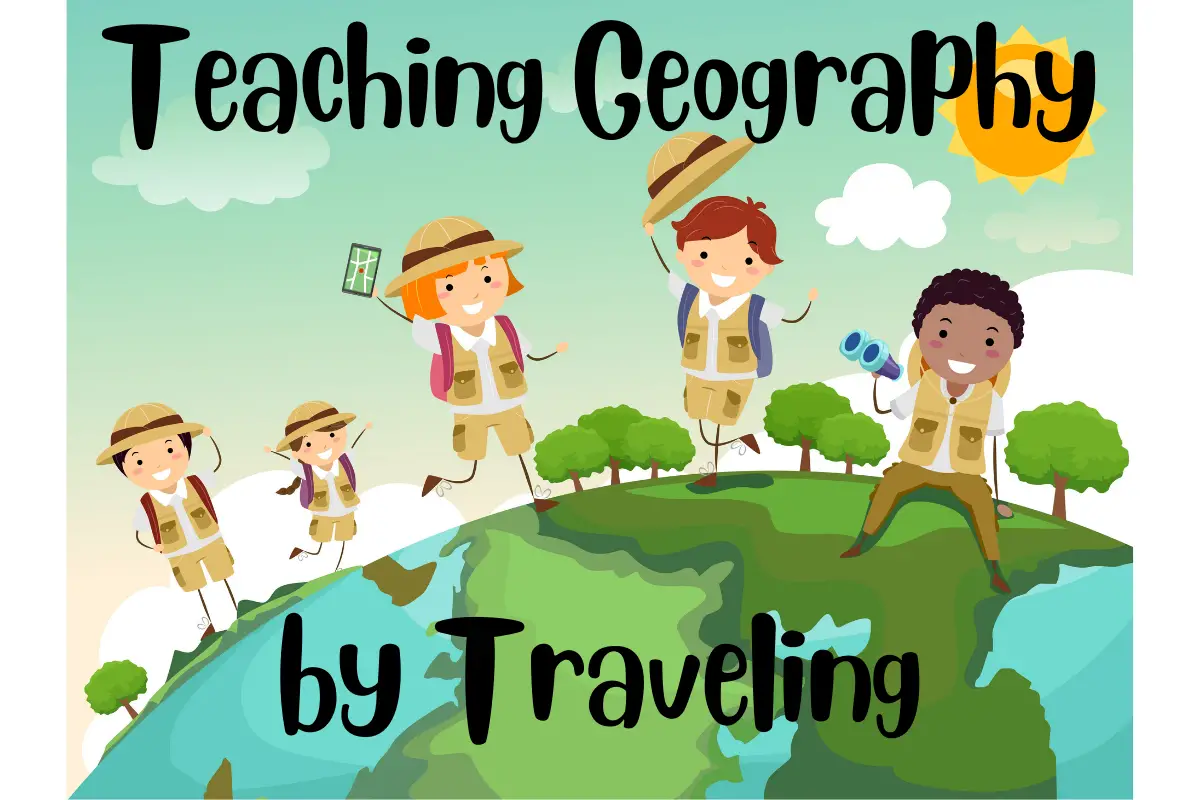Did you know that traveling can help your kindergartener learn geography? It’s true!
Sure you can buy globes and maps and have a formal geography class, but traveling gives children real-life experiences that will be much more memorable than listening to a lesson about the 50 states or different countries.
As a homeschooling mom, I’m a big fan of making learning fun and organic, as opposed to only reading textbooks. Traveling checks all my boxes for fun, educational, family-bonding, and so much more.
So, if you’re looking for a fun way to help your child learn geography, consider traveling with them!

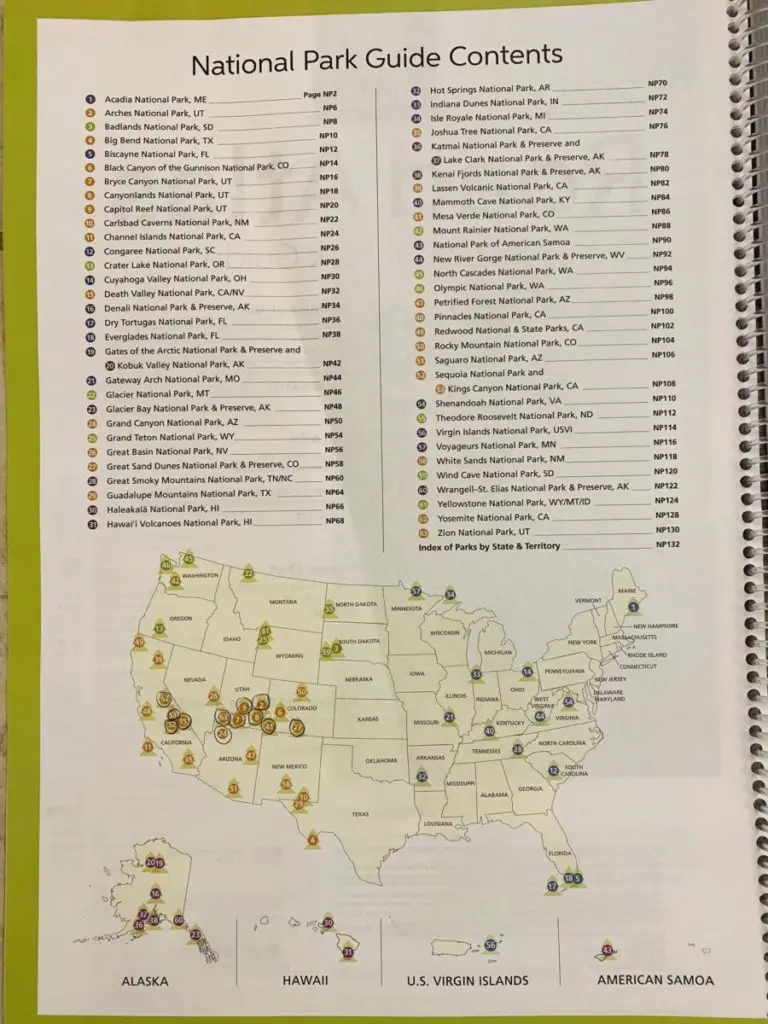
Planning the Travel Route
Being the nerd that I am, planning for a trip is half the fun! I always let my son help with the planning portion of our trips.
First, we make a list of all the things we want to see on our trip. For our upcoming trip, we want to see as many national parks as we can. Waterfalls, deserts, sequoias, and lots of hiking are the main focus of this particular trip.
Deciding what you want to see and do is the first step. Next, we researched which national parks meet our goals. We try to find as many close together as we can, which we did by purchasing a Road Atlas and National Park Guide. We found a cluster of national parks that we are very excited to visit.
Next, we mapped out our travel route, complete with how many miles we will travel each day, low-clearance areas to avoid in our RV, stopping points, and campsites once we arrive.
You can also get your kids excited about travel and geography before your trip by hanging wall maps, adding pins to your map of places you’ve visited or plan to visit, and watching documentaries about your destinations.
You can even buy your kids their very own atlas to help plan your travel!
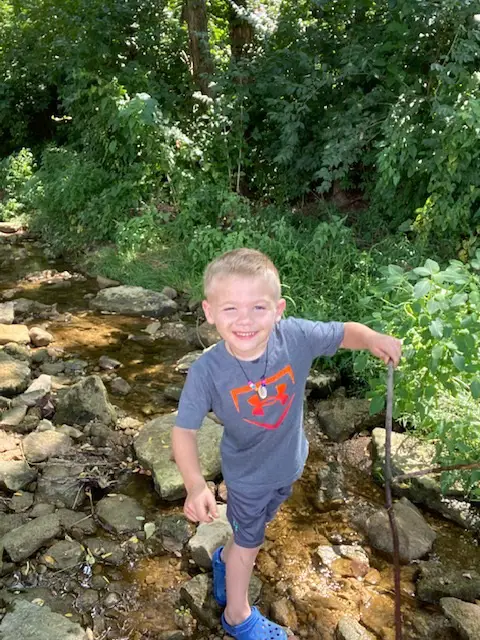
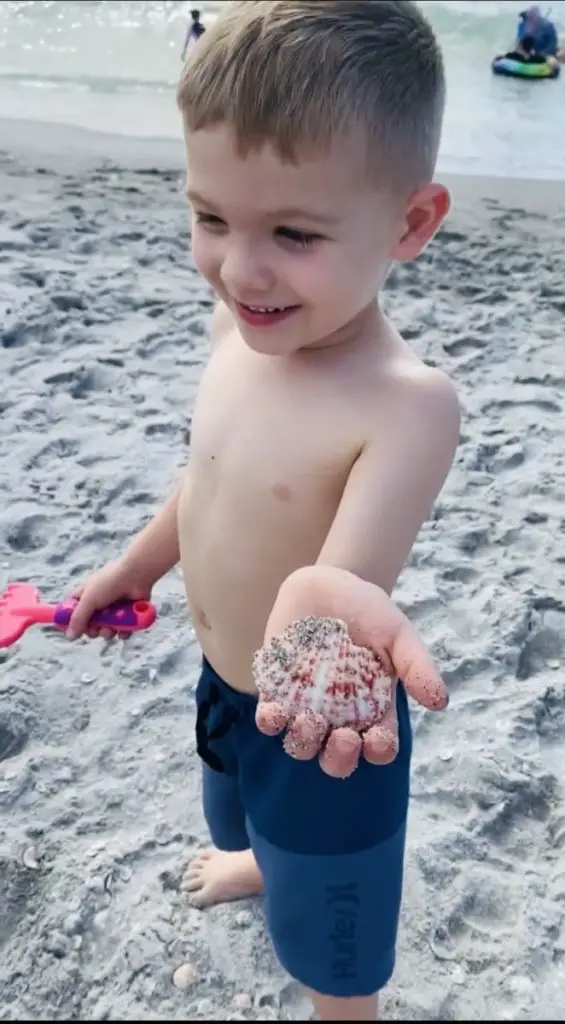
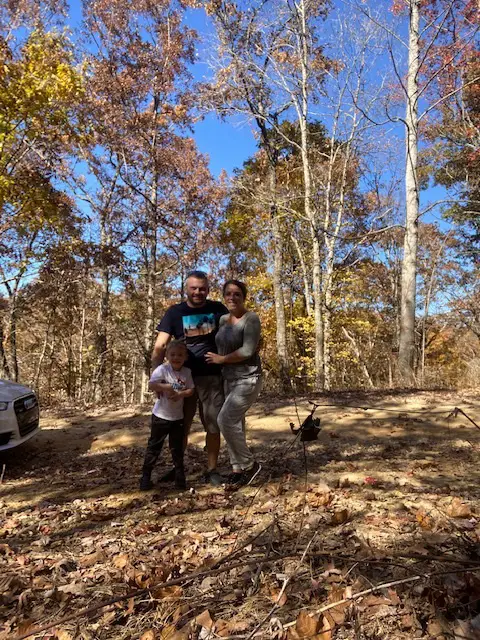
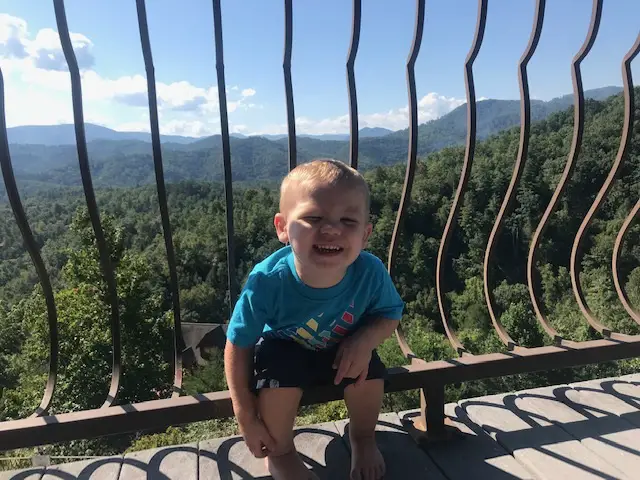
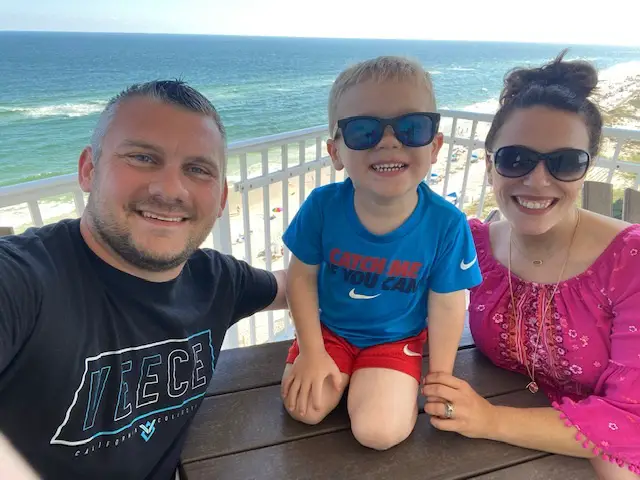
Experience Different Landscapes
Traveling teaches geography by letting children experience different landscapes such as mountains, beaches, desert, farmlands, and so much more.
They will start to notice patterns as you travel such as when they are near water, their atlas shows blue. When they are near a desert, their atlas will be tan. They will become familiar with what parts of the country have desert, water, and mountains. If you travel by car or RV, they will notice the landscapes changing as you move across the country or to different countries.

Practice Map Reading Skills
Travel increases map reading skills because children are eager to help with the planning and navigating on trips! Help them locate different states or countries on the map. Help them understand how far away these places are by comparing them to previous trips, how long a school day lasts, or the length of their favorite movie.
The great thing about maps for kids is that they have lots of pictures, making it easy to “read”, even if your child isn’t reading yet.

Experience Different Cultures
Whether you decide to travel internationally or even if you are traveling in America, there are so many different cultures to learn about.
Here are some ways your kids can learn about different cultures during your traveling adventures:
- Compare and contrast the cultures you encounter on your travels.
- Listen to songs from other cultures on your travel days.
- Eat foods from different cultures.
- Make a friend while traveling and become pen pals. Even if they need to dictate their letter to you before they can read and write, they can still keep in touch with different people they meet along the way.
- Read living books about cultures and the history behind places you visit.
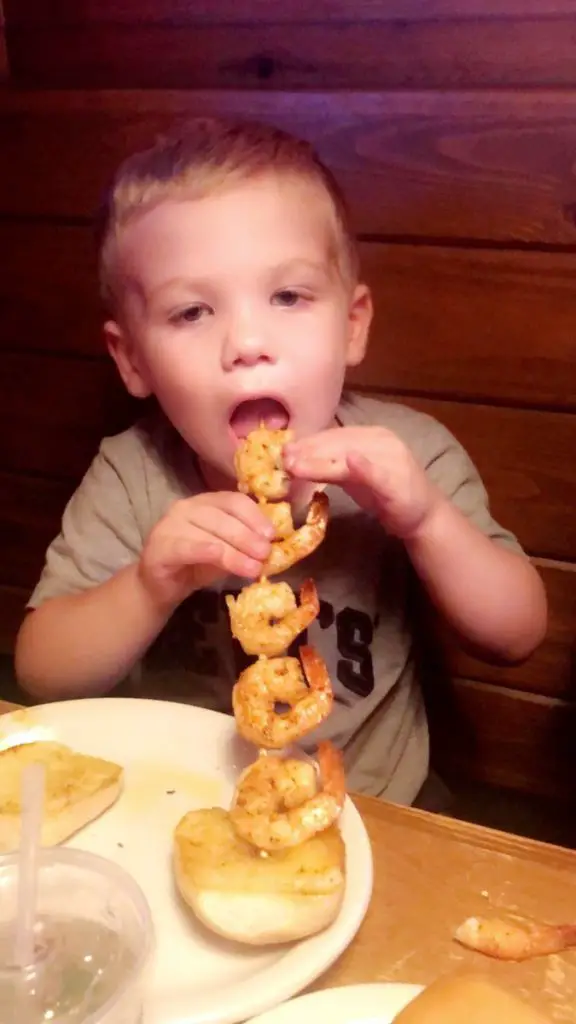
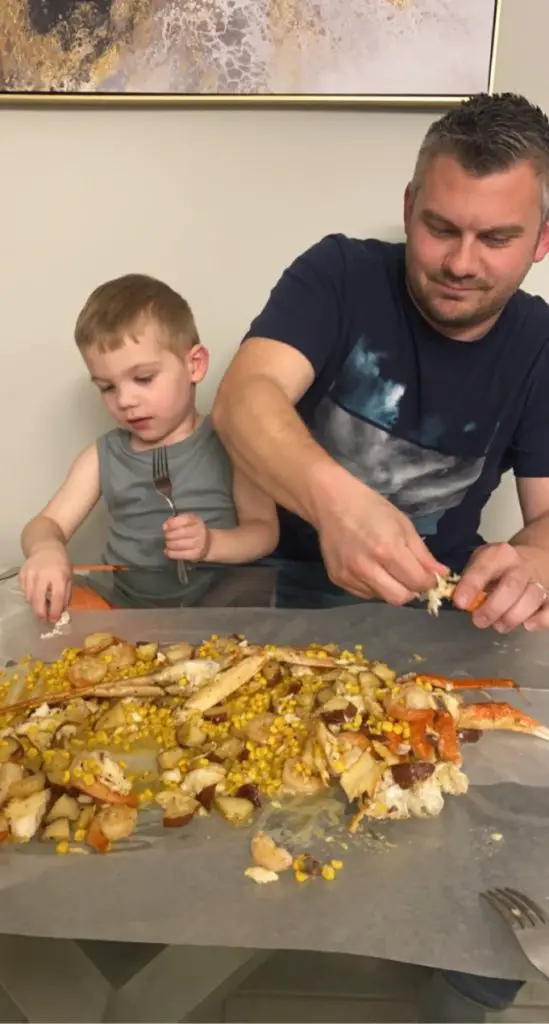
Taste New Foods
Some enjoy traveling by taking a vacation, while others enjoy traveling by immersing themselves in the culture, foods, and traditions of the area. While vacationing is fun, and we do it often, the highest educational opportunity comes when you completely immerse yourself in the local area, traditions, and food.
Encourage your children to try different foods. My son has grown up eating all different types of seafood (salmon, oysters, crab legs, shrimp, etc.) because we visit the ocean often. Who knows? Maybe your picky eater will discover that they love jambalaya after visiting Louisiana!
Learn the recipes and continue creating these amazing meals long after your trip is over. Each time you sit down to dinner to enjoy one of the meals you discovered by traveling, have a pop quiz to see how much your kids remember about the trip! It’s a great way to keep memories alive, plus, it’s a nice refresher for their educational trip.
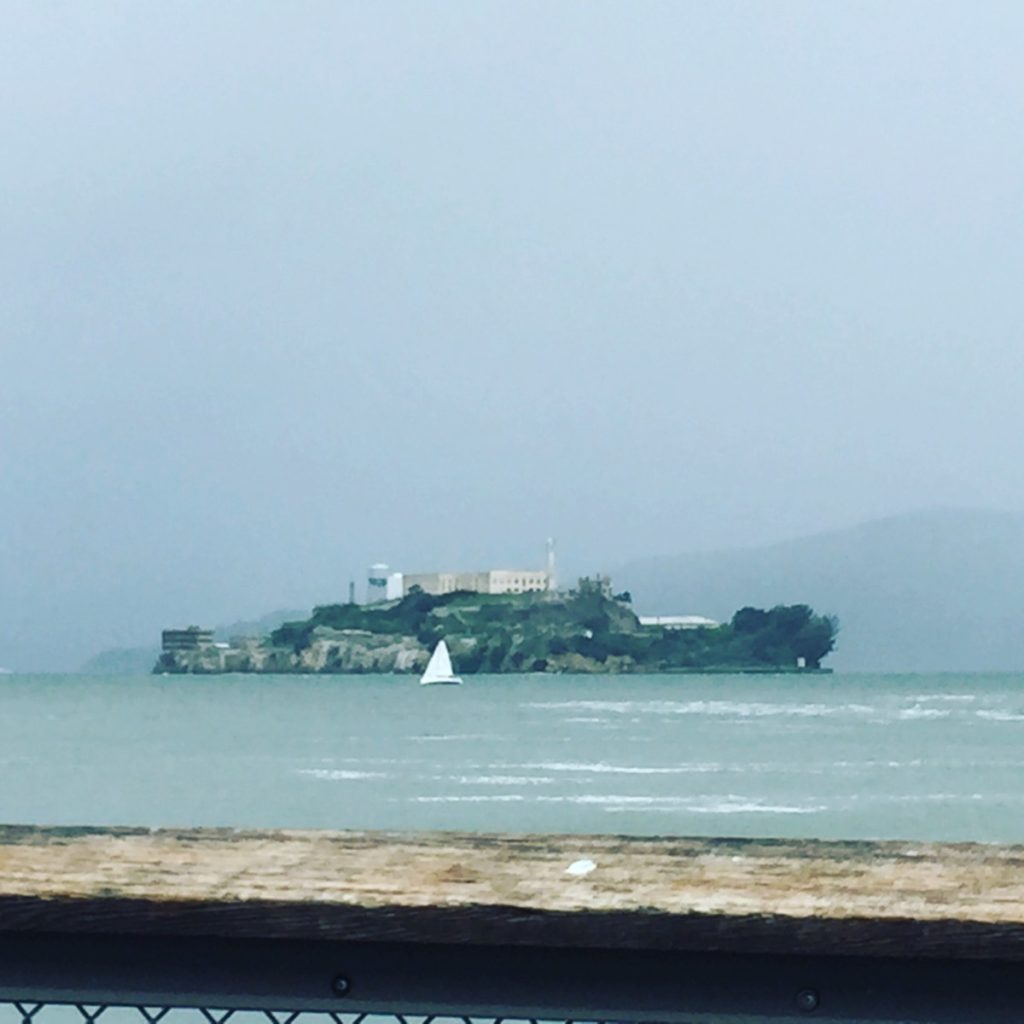

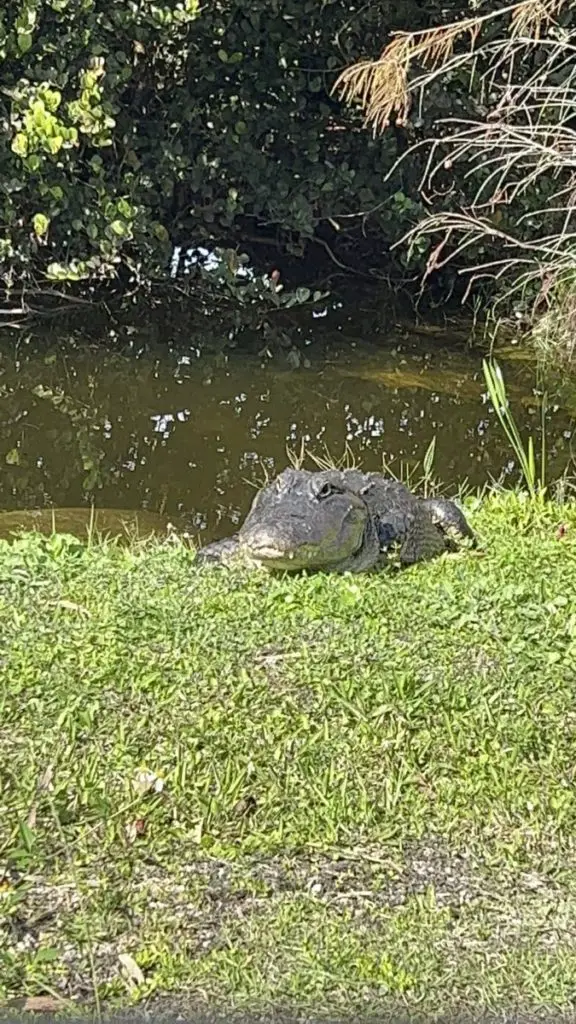
Seeing Natural and Famous Landmarks
Think back to when you learned about geography and history at school. Now, picture having seen those landmarks in person.
Just in the United States alone, there are so many natural and famous landmarks! The Statue of Liberty, Grand Canyon, Alcatraz, the White House, Niagara Falls, the Alamo, Washington DC, the Florida Everglades, the Smoky Mountains, and so many more!
Take your kids to the national parks. Let them learn about the natural wonders of the world such as geysers, volcanos, caves, oceans, and more.
I guarantee if they see it first-hand, instead of reading about it in a textbook, they will remember it for years to come.
Keep a Travel Journal
Be sure to buy your children a travel journal before you hit the road so they can document their experiences. Travel Dreams by Funschooling is an educational travel journal that has prompts for kids to fill in information about cities, cultures, food, history, and more. Then, use the information to compare cities.
As a child, my mom got me a travel journal when we were taking a multi-state road trip. Some of the experiences that I would have otherwise forgotten about are documented forever. Once I read about my adventures, in my scribble 10-year-old handwriting, I am flooded with memories of the rocky beaches in Minnesota, the Indian souvenir gift shops, and the huge mosquitos!
It’s also a great way to revisit the trip afterward to see what they liked and disliked about the adventure. Maybe you’ll discover that your kids enjoy playing in the desert more than in the mountains. This will help you plan future adventures that are fun for everyone!
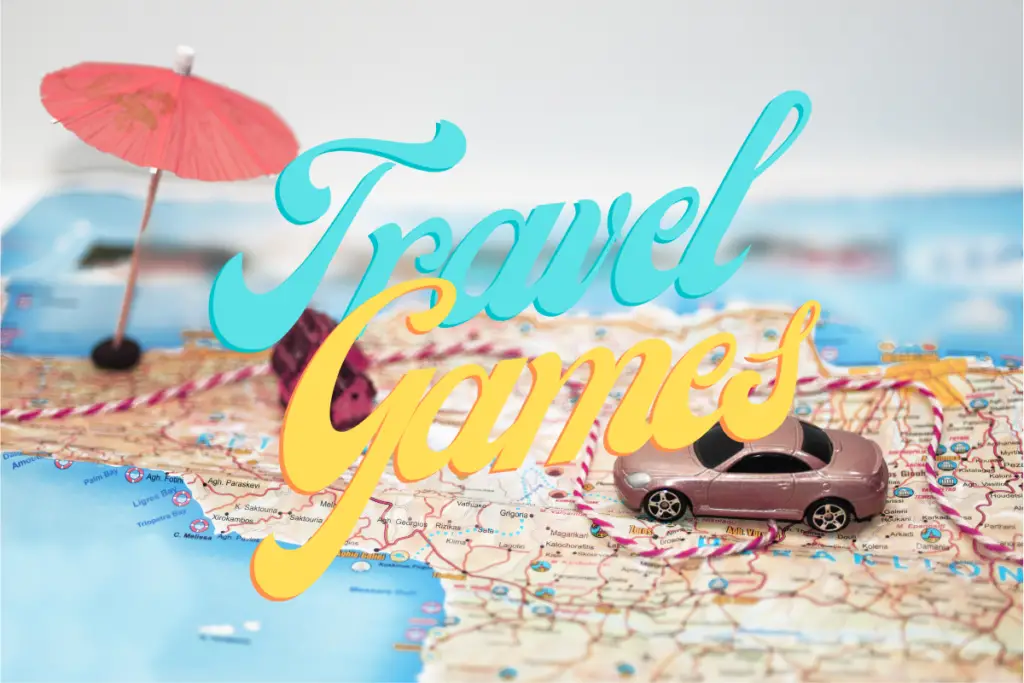
Play Educational Travel Games
Learning through educational games is a surefire way to learn geography. You don’t have to be traveling to play games, although it does help pass the time when you’re on the road.
We love:
- Melissa & Doug’s Licence Plate Game
- Guess in 10 – States of America
- Travel Scavenger Hunt
- States and Capitals Flashcards
- The World Game
- Race Across the USA
Encourage Your Children to Ask Questions
Kids are naturally curious, so make sure you take the time to answer their questions when you’re traveling.
Recently, my son has learned which types of bodies of water and parts of the country have alligators just by asking lots of questions while we travel.
Show your kids how to research by looking up the answers together online. Bonus points if you have them jot down the answers (or let them dictate them to you so you can write them down for them) in their travel journal.
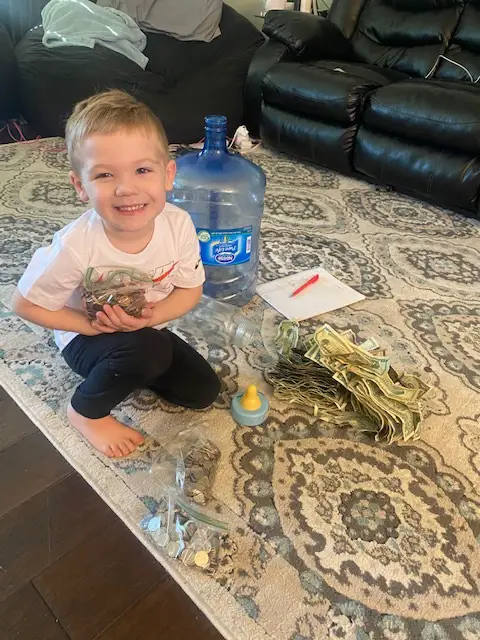
Help them Learn about Different Currencies and How to Count Money
If you’re traveling out of the country, there are so many awesome things to learn about money. Help facilitate their learning by discussing different coins, how much each coin is worth, what the name of the money is in other countries, and the exchange rate.
Teach them Basic Phrases in Other Languages
Recently, when we visited Florida, we heard lots of people speaking in Spanish. My son was playing on the playground with a boy who only spoke Spanish. Having always lived in Ohio, this was new to my son. It didn’t stop them from playing and having fun together, but they couldn’t communicate with words.
Afterward, I taught my son how to say simple phrases such as “Hola” (hello) and “mi nombre es Chase” (My name is Chase) in order to be able to communicate with other children. I’ll continue to teach him new phrases as he gets older until he can take a foreign language class.
Learning another language expands their listening skills, increases their memory, and will even give them extra career opportunities when they’re older. Plus, children are able to learn a new language so quickly! Why not teach them young?
I took 3 years of Spanish in high school but felt like I should brush up on it, so I can help teach my son. I’m hopeful that this will help us communicate with locals during our travels. Recently, I signed up for a 1 year subscription with Babbel. Currently, they offer courses in Spanish, French, German, Italian, Portuguese, Russian, Danish, Dutch, Indonesian, Norwegian, Polish, Swedish, and Turkish.
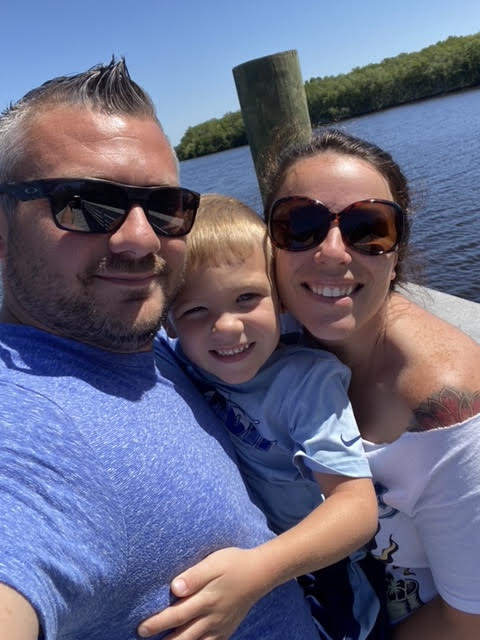
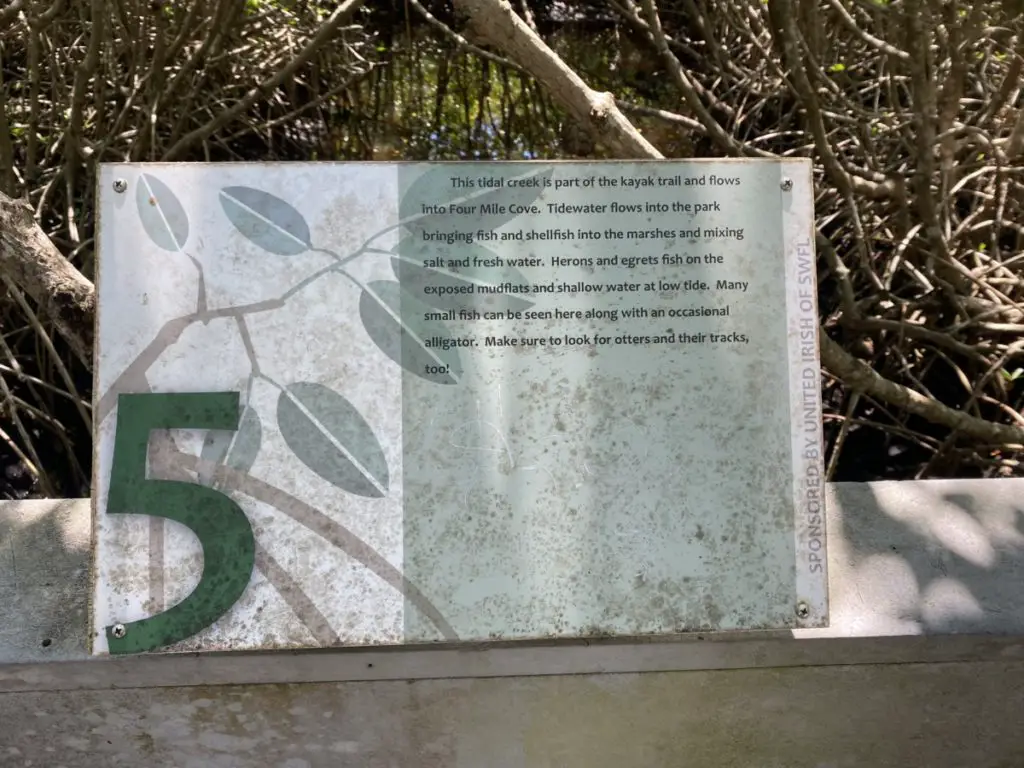
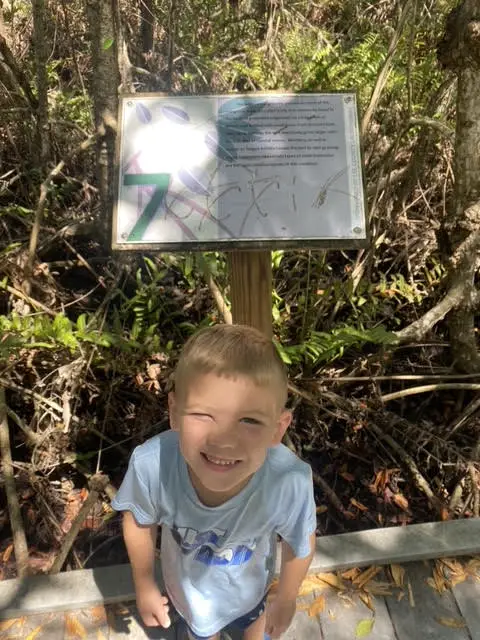
Visit Nature Preserves and Ecosystems While Traveling
There are so many natural preserves and ecosystems that you can stop and visit while traveling. Recently, we visited Four Mile Cove Ecological Preserve in Cape Coral, Florida.
We were able to see lizards, lots of different birds, fish, plants, trees, and lots of other wildlife. We made sure to stop and read the signs to learn all about the science and history of the preserve.
Make a Scrapbook or Photo Album of Your Travels
When you get home from your traveling adventure, you can make a scrapbook or photo album to share your experiences with friends and family.
Not only will this be a great family keepsake, but it can also be used to review the areas you visited.
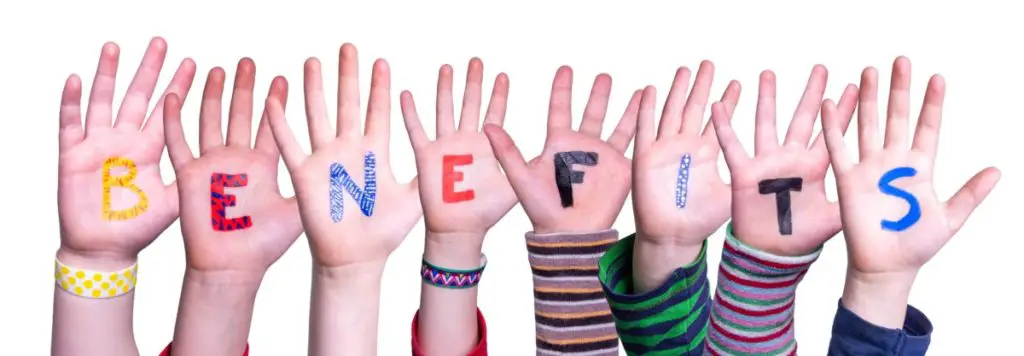
Extra Educational Benefits of Traveling
Sure, it’s great to be able to teach your Kindergartener about geography, but traveling is also educational in other areas.
Writing – By writing a journal, getting a pen pal, and sending postcards to family, kids are learning much more than geography! They are developing great writing and language skills.
Reading – By playing educational games, planning the trip with their atlas, and reading road signs, kids are learning how to sound out words or possibly even read.
History – Each place you visit is full of history. Be sure to read signs at national parks, go through museums, and watch historical documentaries.
Budgeting – Traveling costs money. Discuss how much money you’ll need for your trip. Have your kids help you decide where to cut costs. Would they rather cook meals instead of eating out in order to save money for a waterpark day? It’s a great way to teach kids that things cost money, and sometimes you have to make trade-offs. It’s also a great opportunity to discuss that they can work to earn some extra money before the trip.
Research – Research skills are so important. Don’t just explain everything to your kids and feed them all the answers. Let them ask a question and you can teach them how to research to find the answer. This will be invaluable for them.
Time management – Managing their own time is a great skill to teach kids. Discuss the plans for the day, and help them learn how to fit in the things that they must do such as chores and school work.
Concept of time – Time is abstract, which makes it difficult to teach children. How long does it take to drive from the Grand Canyon to Moab, Utah? Each time you are traveling somewhere or doing a task, explain how long it takes. Before long, your children will understand the difference between 30 minutes and 8 hours.
Physical education – Traveling usually involves lots of physical activities such as hiking, climbing, swimming, and walking. Discuss how important it is for our bodies to move.
Creativity – By making scrapbooks, photo albums, or drawing pictures of their adventures, kids are able to develop their creativity.
Math – There are so many opportunities to discuss math when traveling. Discuss the rate of exchange, mileage, gas prices, budgeting, how much to tip at restaurants, and much more!
Conclusion
Traveling is a great way to introduce your kindergartener (and the whole family) to geography. By visiting different countries, states, or landmarks, you can help your child learn about the different types of landscapes, customs, food, and traditions around the globe.
By encouraging your child to ask questions and research answers together online, you can help foster their love of learning. I bet you’ll be surprised at how much information your children retain by taking a cross-country road trip or just vacationing more frequently.
Have you taken your kindergartener on any trips lately? Pack your bags and explore the world with your little one and be sure to use these tips to help them learn more about geography!
You May Also Like
- 64 Ways to Make Money as a Traveling Family | How We Do It
- Day in the Life of a Traveling Homeschooler
- The Best Homeschool Routines for Traveling Families
- Travel Essentials for Full-Time Traveling Families with Kids
- How Travel Homeschooling Changed My Life
- 29 Things Kids Can Learn Through Trave
- What You Need to Know Before Travel Homeschooling
- How to Plan a Roadschooling Trip to Maximize Learning & Fun

